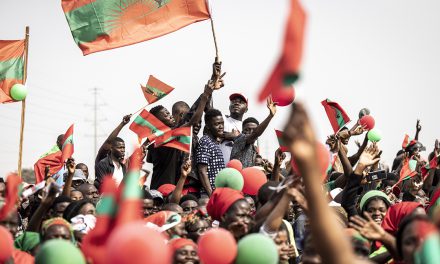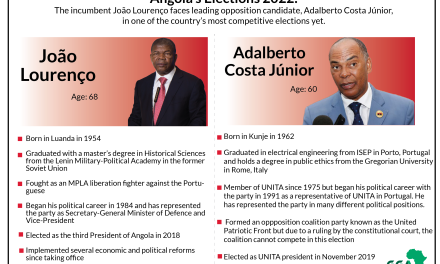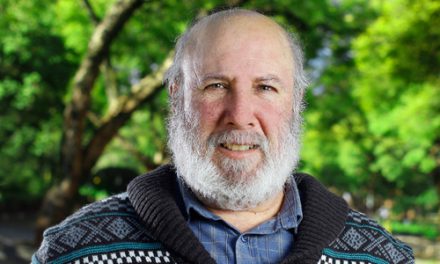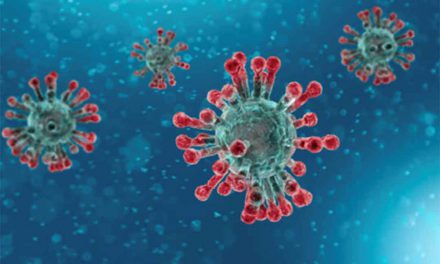The misalignment and miscommunication of South Africa’s foreign policy continue to be the subject of much scrutiny and criticism. The African peace initiative presents South Africa with an opportunity to recalibrate and eliminate the confusion caused by the ill-articulation of its foreign policy about Russia’s war in Ukraine. With this effort, can South Africa reclaim its position as a moral voice in the international arena during times of conflict or have the recent inconsistent foreign policy blunders done too much damage?
The question that seems to confound political commentators a year later remains: why did so many African countries fail to condemn the Russian invasion and choose to abstain during the March 2022 United Nations General Assembly resolution 12407 “Aggression Against Ukraine”? Historically, African countries have viewed support for the Soviet Union and later Russia as an alternative to Western imperialism and capitalism. The Soviet Union was influential in several liberation wars in Southern Africa — Angola, Mozambique, Namibia, South Africa and Zimbabwe. Unsurprisingly, all these countries abstained from voting during the various UN meetings.
The sequence of official (mis)messaging
South Africa’s assumed role as a global moral voice has been more influential than its military instruments, as seen through its contribution to conflict resolution globally and the promotion of multilateralism. As would be expected, on 24 February last year, the Department of International Relations and Cooperation, as the custodian of guarding and promoting South Africa’s foreign policy, stated: “South Africa calls on Russia to immediately withdraw its forces from Ukraine in line with the United Nations Charter, which enjoins all member states to settle their international disputes by peaceful means in such a manner that international peace and security, and justice are not endangered.” This strong statement was in line with the country’s position seen as a global moral voice of reason earned through its successful transition from apartheid to democratic rule.
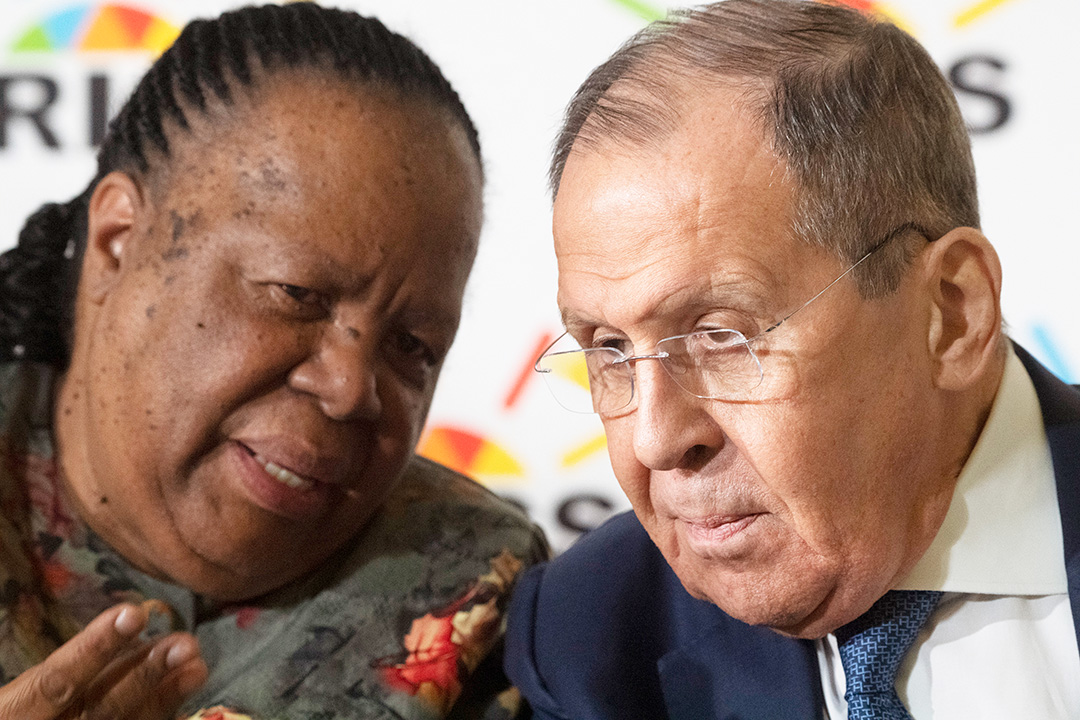
Naledi Pandor, South African Minister of International Relations and Cooperation and Sergei Lavrov, Minister of Foreign Affairs of Russia, are seen during a press conference at the BRICS (Brazil, Russia, India, China, South Africa) Foreign Ministers Meeting on June 01, 2023, in Cape Town. Photo RODGER BOSCH/AFP)
What followed was confusion and mixed messaging, which instead of being cleared up, gained momentum as South Africa’s position on the Ukraine conflict became more opaque. After the strong statement from the department, South Africa appeared to backpedal and issue a new statement: Russia’s actions in Ukraine have “violated international law”. This language change angered South Africa’s Western partners because it framed the situation as a conflict between Ukraine and Russia, rather than identifying Russia as the aggressor for invading Ukraine.
In response to this criticism, two arguments were presented justifying its non-aligned position.
First, South Africa called for consistency in the approach of the international community to countries that violate international law. When Israel launched sustained offensive military operations against the Gaza Strip, killing hundreds, flattening homes, burying civilians under the rubble and devastating the already dilapidated infrastructure in such a small and densely populated area, the world failed to respond in the same way as it has over Ukraine. That military aggression is not met with sanctions, isolation and a divestment campaign. This strains relations further.
South Africa is right to point out hypocrisy. Diplomatic efforts by the West would probably be more well-received if hypocrisy was more readily acknowledged.
Second, the government proposed a negotiated end to the conflict, a position based on the view that “in the end negotiations will end the conflict” as was the case in South Africa. As an example of a negotiated end to the apartheid rule, South Africa is well positioned to offer advice to any mediation or negotiation process. Instead, South Africa’s proposal of a negotiated settlement was critically derided by several Western leaders. Initially, Ukraine’s President Volodymyr Zelenskiy appeared more amenable to the proposal and stated: “Negotiation is [the] only way out of war.” As the war drags on, some Western leaders also appear to soften their stance; calls for an immediate withdrawal of Russian troops have become calls for peace talks with Moscow.
President Cyril Ramaphosa contacted Russia’s President Vladimir Putin and Zelenskiy offering South Africa’s assistance in any potential negotiation process between the warring countries. This initiative was not supported because doubts persisted regarding its non-aligned status, thus compromising any effort calling for impartiality in a negotiation process.
New opportunity for South Africa’s foreign policy efforts
Ramaphosa presented the newly formulated African Leaders’ Peace Mission on behalf of African heads of state from the Republic of Congo, Egypt, Senegal, South Africa, Uganda and Zambia to Putin and Zelenskiy. The mission is expected to take place later in June. Ramaphosa will travel with the African leaders’ delegation on a preliminary fact-finding mission to explore ways to end the war. Putin and Zelenskiy have welcomed the initiative.
The African initiative not only demonstrates a growing African agency, as Africa seeks to tackle the negative economic and agricultural effects the war has had on the continent. It also positions South Africa as a leading state capable of joining continental efforts to address international crises. The table is an overview of the delegation.
Based on the outcomes of the preliminary fact-finding mission, the African leaders will discuss whether there is political will for mediation. Whatever the outcome of the mission, it does not mean that the African leaders will lead a mediation process. They are part of an international collective effort seeking to find peace in Ukraine.
As intended by the Constitution, South Africa’s foreign policy should continue to adopt a principled stance, advocating for principled solutions to complex international relations issues while calling for more accountable global governance.
South Africa should continue calling on the international community to work together to achieve the cessation of hostilities and to prevent further loss of life and displacement of civilians in Ukraine. South Africa should promote and live up to its own commitment to being a positive force in times of international crises: “The Government affirms South Africa’s commitment to the articles of the United Nations Charter, including the principle that all members shall settle their international disputes by peaceful means. South Africa supports the principle that members should refrain from the threat or use of force against the territorial integrity or political independence of other states.”
Craig Moffat, PhD is the Head of Programme: Governance Delivery and Impact for Good Governance Africa. He has more than 17 years of practical experience working for government institutions and multilateral organisations. He was previously employed by the South African Foreign Service, where he worked extensively at identifying and analysing security threats towards South Africa as well as the southern Africa region. Previously, he was the political advisor for the Pretoria Regional Delegation of the International Committee of the Red Cross. He holds a PhD in Political Science from Stellenbosch University.


